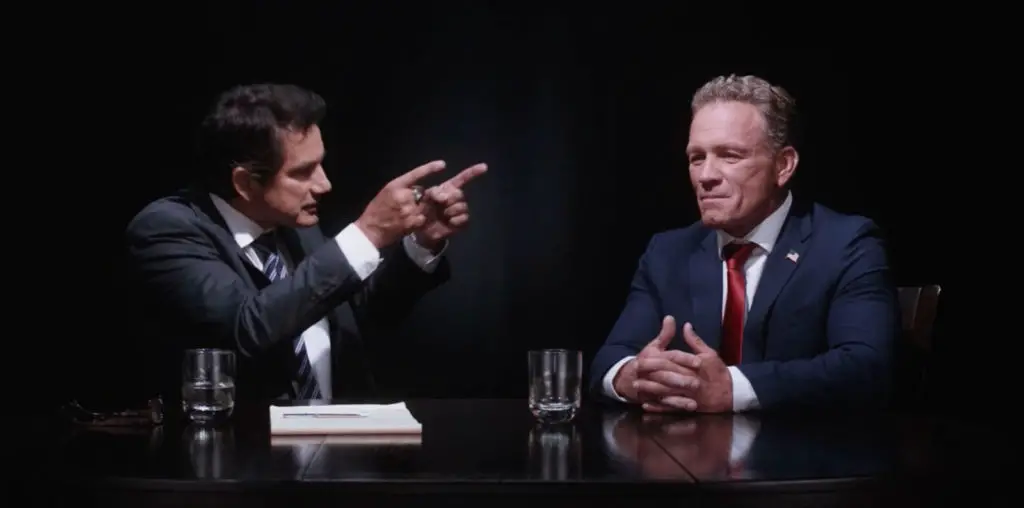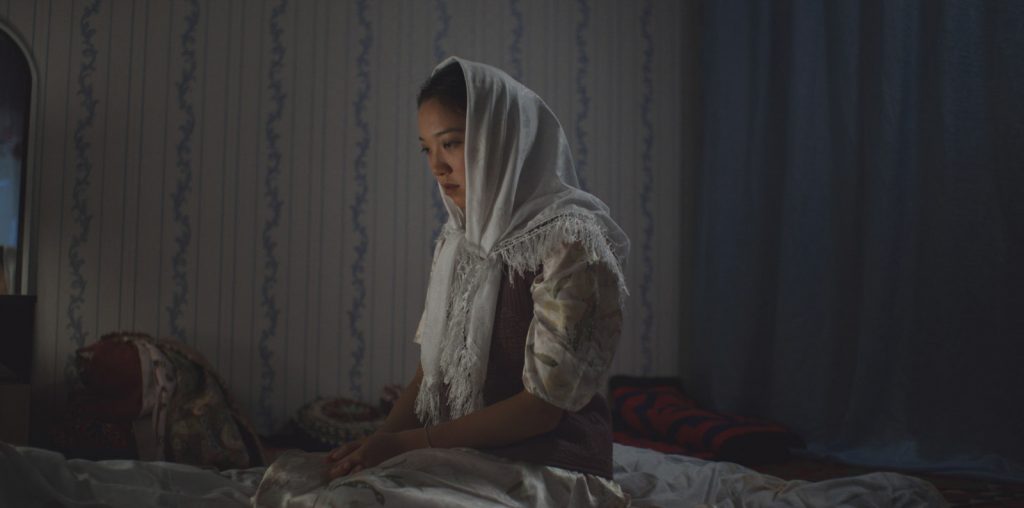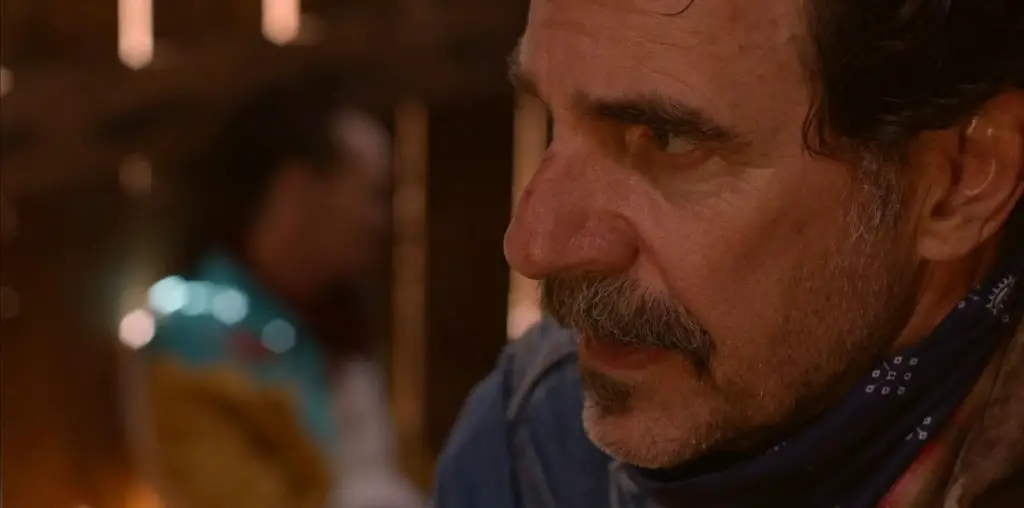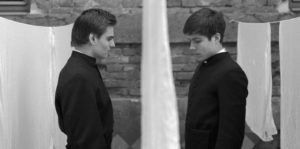
Ivan Ostrochovsky’s haunting Servants takes place a long time ago in 1980 Czechoslovakia. During this time, the totalitarian Communist regime demanded loyalty and allegiance in all sectors of society. The dramatic thriller focuses on the country’s last bastion of freedom — the church.
Two young men, Michal (Samuel Polakovic) and Juraj (Samuel Skyva), are students at the Bratislava Theological Center, where they are training to become priests. The school is under intense pressure from the secretary (Vladimir Zboron) of the Government Church Department. Father Coufar (Vladimir Obsil), the school’s dean, has been resistant to the government’s pressure to refrain from his criticism of the government. The secretary is also questioning their involvement in spreading “propaganda” of freedom and exposing the harsh conditions of Czechoslovakia citizens to the outside world.
After Father Coufar is found tortured, beaten, and executed… I mean, hit by a truck, his replacement decides that he’ll give in to the government’s demands for the sake of the school. So now Michal and Juraj are forced to either comply with the new “church” leadership and become informants or become targets of the government themselves. As you’d expect, the young lads do not take the easy path.
With Servants, let’s talk about both the film and its message. Director Ostrochovsky tells his story in stark black and white. You’d almost think it was shot during Covid due to the minimalistic set design. The school feels cold, like a prison, which only aids in the contrasts of the monochrome cinematography. Yet, every shot is purposeful, and each scene is like a depressing coffee book table on the subject of oppression.
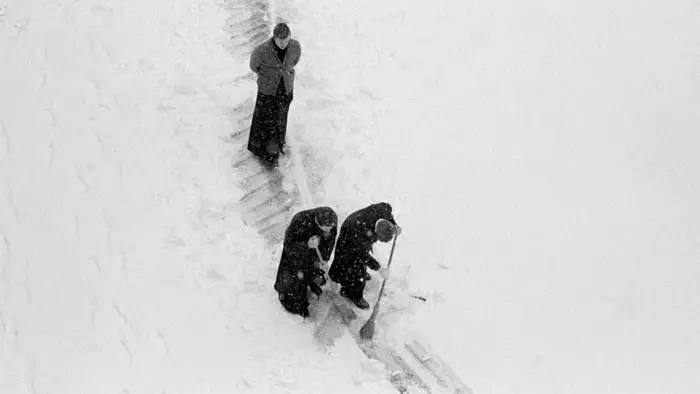
“…Michal and Juraj are forced to either comply…and become informants or become targets of the government themselves.”
The storytelling devices are also unique. I’ll describe it as staged authenticity. Every scene is staged, involving only the actors necessary. On several occasions, the actors are in starting positions frozen on-screen until “Action!” is called. The cast is pretty incredible as their activities feel real. Even the dialogue is minimal — lines are short and only deal with the action of the narrative. The entire film is low-key and quiet.
This brings us to the message of Servants. At conflict is God and the State. Religion was the last battleground of freedom, and the State needed to control it. It presented a different ideology or way of thinking beyond what the government demanded its citizens to believe. Here the State finally decides it needed to control the church. I think Ostrochovsky chose the church to center his story because the morality of both lies on opposite ends of the scale… again between God and the State.
We are now witnessing the slow takeover by the government — not only of society but of our thoughts and beliefs. Starting with the murder of its leader, then blackmailing his replacements, and finally subtle forms of coercion leading to paranoia. The events of Servants took place over forty years ago, but certainly, an assault on free thought and speech couldn’t happen today…right?
What director Ostrochovsky does so well is weave together a cautionary tale from our not-so-distant past. His storytelling focuses less on character development but, like many tales of oppression, lays out the oppressors’ tactics. Our sympathies now lie with our two young protagonists, and without saying a word, we are thrown into their shoes and feel their futile struggle to hold onto the last bits of freedom they have within their grasp.
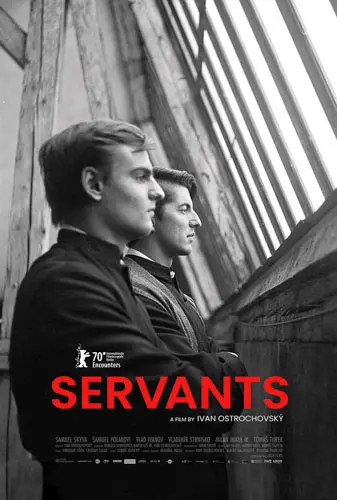
"…every shot is purposeful..."
